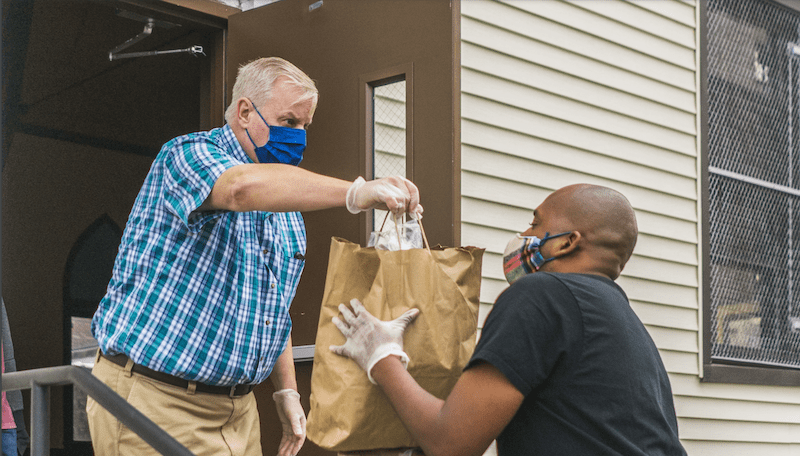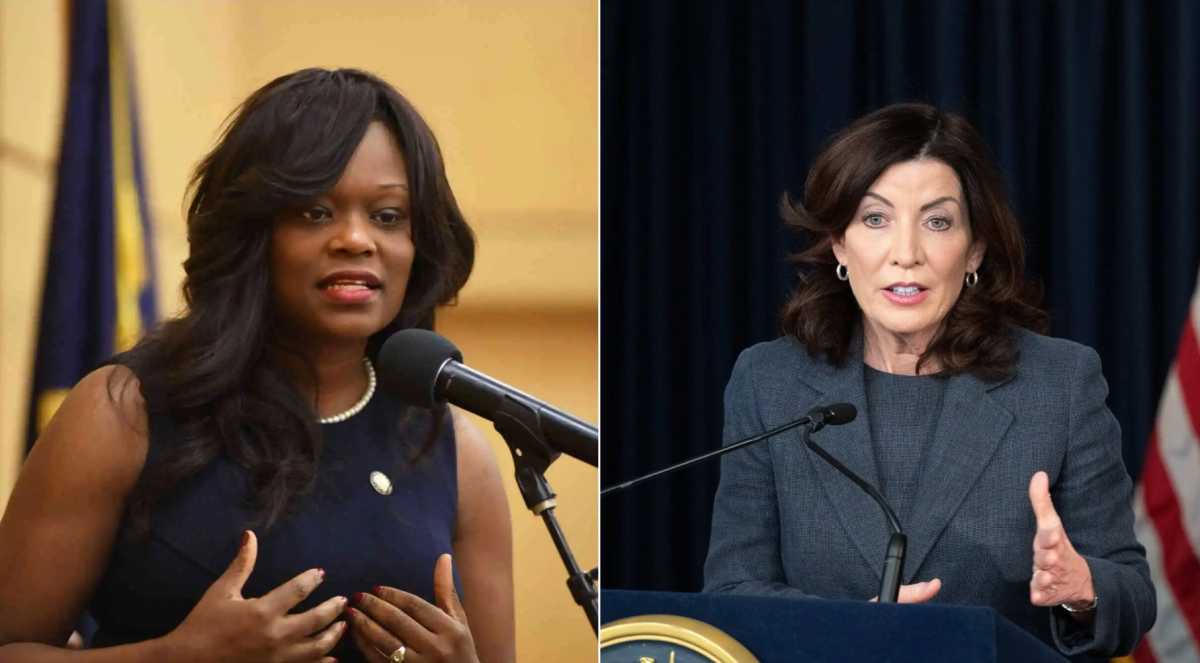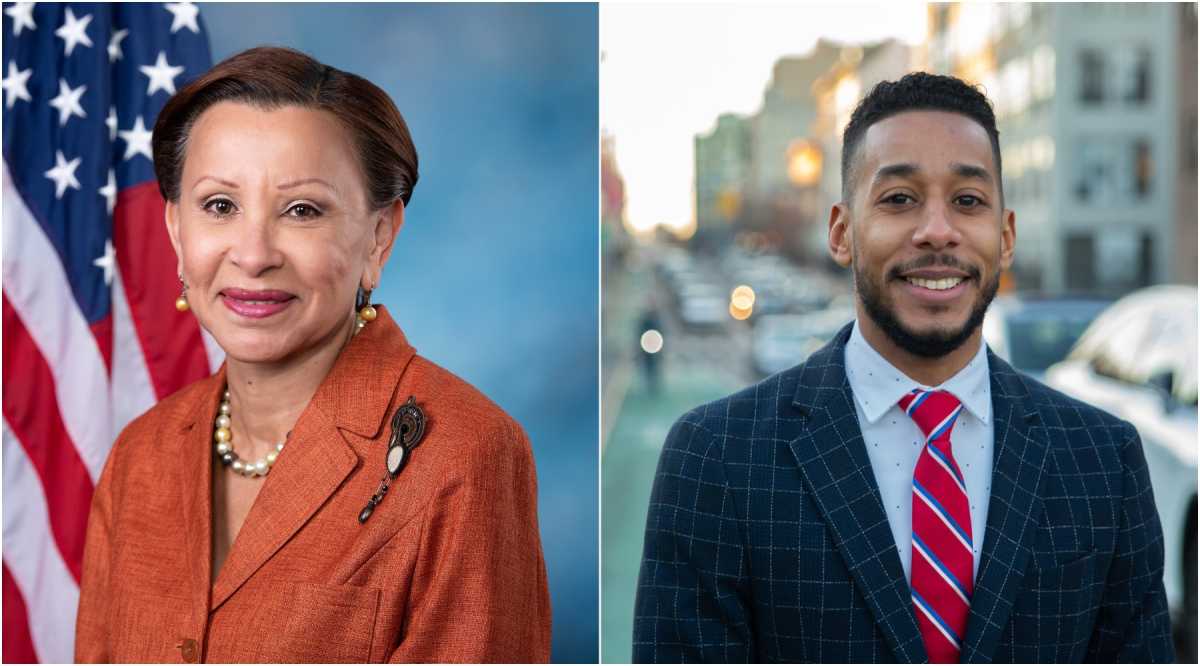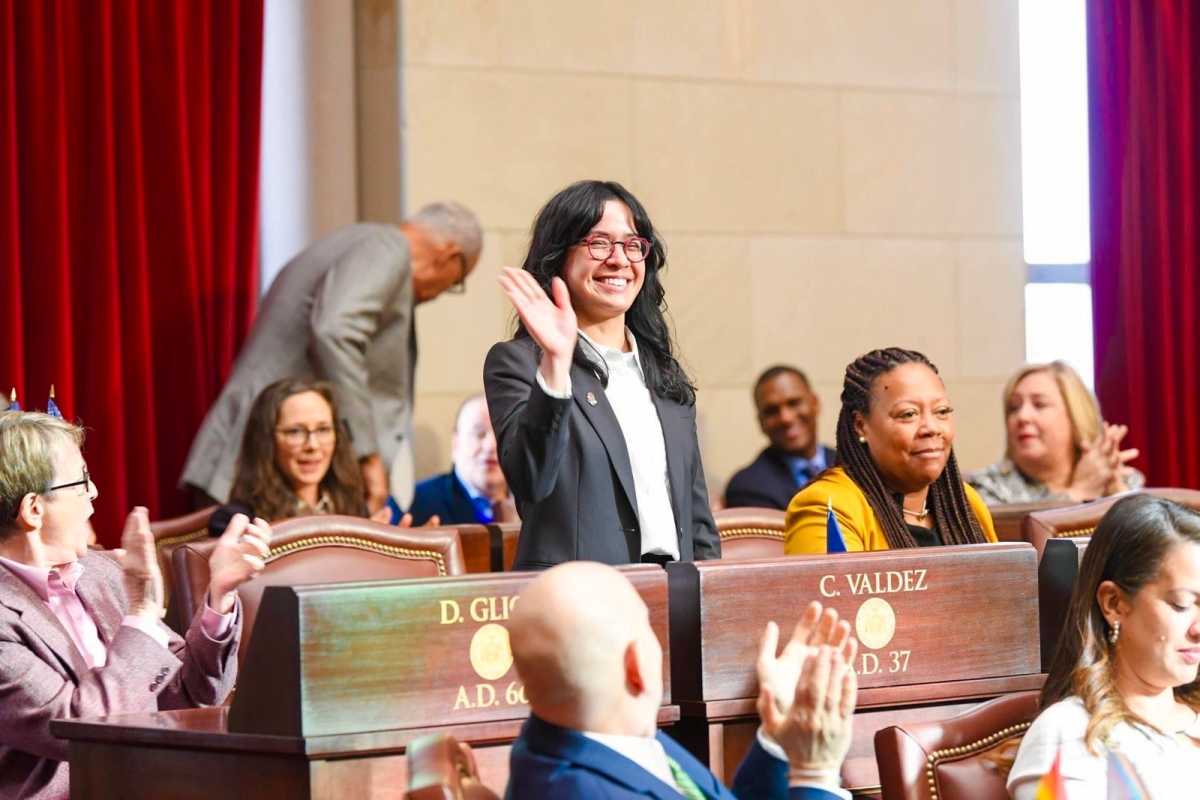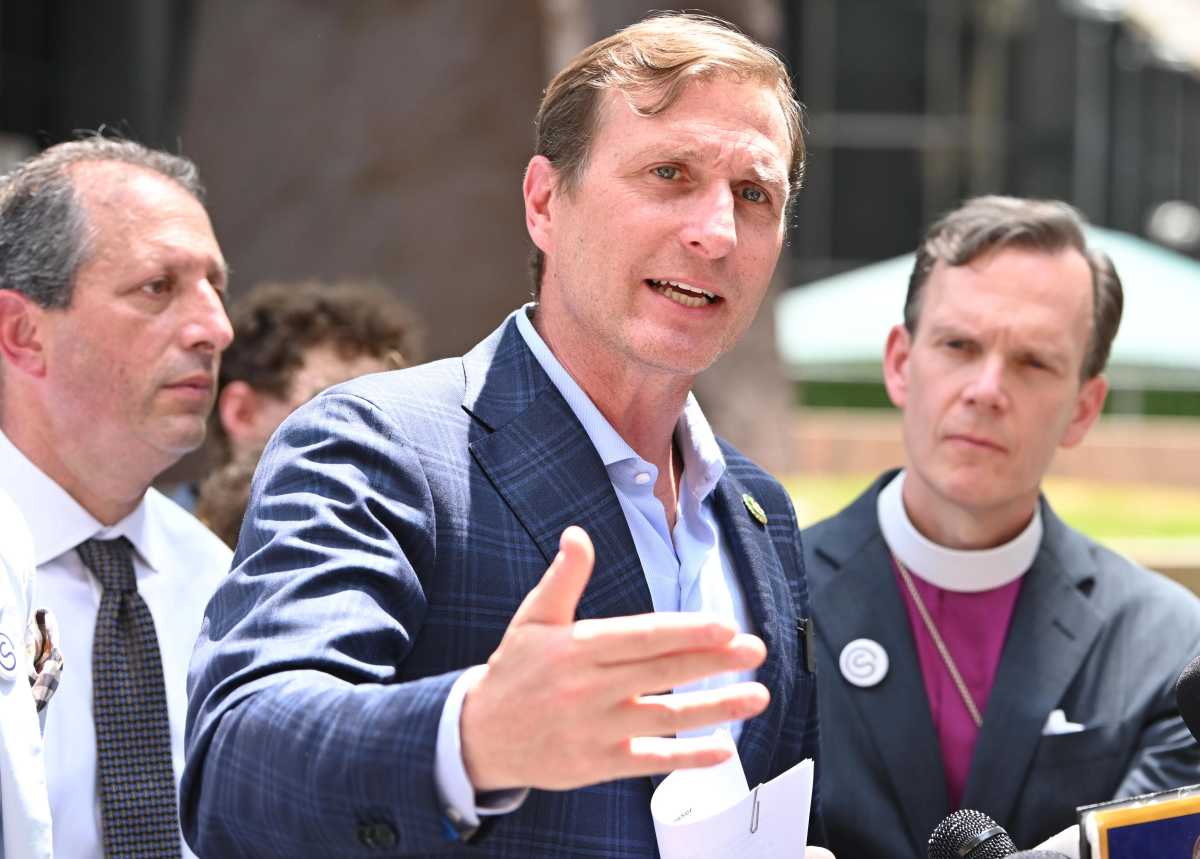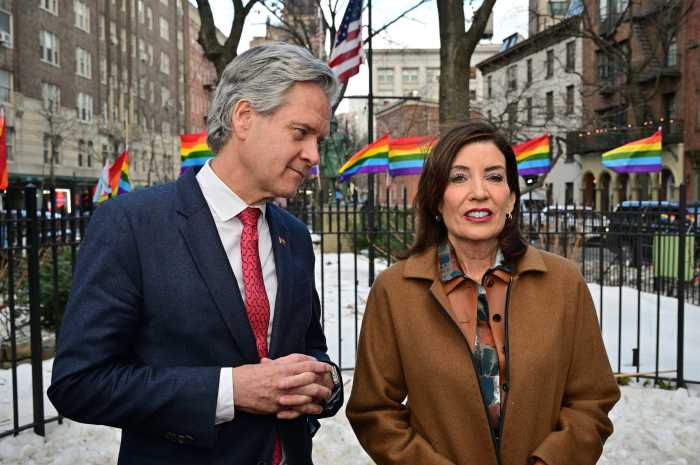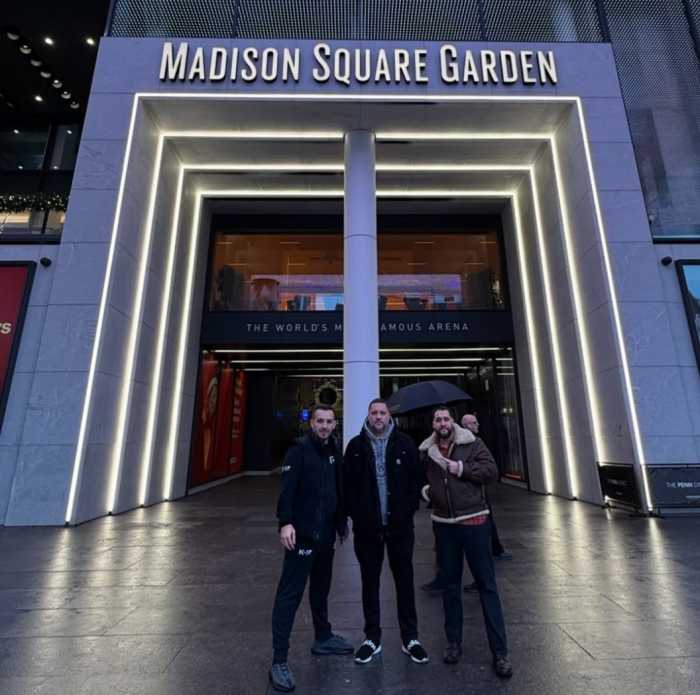District 46 City Council Candidate Donald Cranston is looking to replace Councilmember Alan Maisel (D-Bergen Beach, Canarsie, Flatlands, Georgetown, Gerritsen Beach, Marine Park, Mill Basin, Mill Island, Sheepshead Bay) in an already packed race.
Cranston was born in Brooklyn Hospital and raised in the borough before settling in his first home in Marine Park in 1999.
Cranston worked in constituent services for former Senator Martin J. Golden (R-Bay Ridge, Dyker Heights, Bensonhurst, Marine Park, Gerritsen Beach, Gravesend and parts of Sheepshead Bay, Borough Park and Midwood). He said as a life-long Democrat he is a big believer in bipartisanship and that all politics are local at the end of the day.
He said his close-knit family, consisting of his 82-year-old mother, five siblings, and his wife and kids, are very important to him. He was inspired by the heartfelt support of his brother, 9/11 responder Detective Christopher Cranston, before his passing in July from cancer, and was encouraged to run for office since he clearly demonstrated a passion for the work.
“Ever since the city started referring to taxpayers as customers, I can’t wrap my head around it. They’re not customers,” said Cranston. “You shouldn’t have to call and get the runaround.”
Cranston said he was a very “meat and potatoes” guy on the senator’s staff who often showed up to seniors houses when they had complaints about downed cables or tree limbs and gave out his phone number to residents in need.
“The city should really concentrate on a program where some way they involve the homeowner, and let the homeowner hire off the parks department list a tree pruner and take it off your property taxes. That would alleviate a lot of issues,” said Cranston positing about the parks and sanitation budget cuts.
“The pandemic has exposed our vulnerabilities, especially in underserved communities,” said Cranston.
As a homeowner in a mostly residential neighborhood of 2-3 family homes in Southern Brooklyn, said Cranston, something needs to be done about property taxes and the tax lien sale.
“The entire state of New York was given a property tax cap of 2 percent and New York City has not seen that. We could probably use tax freezes for a year,” said Cranston. “They definitely have to figure out a better system. The Mayor’s paying $3,000 on a million-dollar property and we’re up to like $6,900 over here.”
Cranston also comes from a large law enforcement and military family with many of his brothers and father serving in corrections departments, unions, and as police officers. He said he felt that the NYPD always had immense outreach in the community and there was room for improvements.
“What that officer did to George Floyd was totally reprehensible and there’s no excuse for that. It didn’t happen in New York City but it resonated throughout, and my interactions with police may be different than someone else’s,” said Cranston, in light of the Black Lives Matter movement. New York City’s visceral reaction and protests to George Floyd’s graphic death in May is often compared to Eric Garner’s similar death by chokehold in 2014.
In Canarsie, he said, one avenue to decrease the upticks in gun violence and “festering” crimes, like burglary and grand larceny, was to have a more visible police force in underserved areas.
He also suggested, in response to the numerous ‘Close Rikers’ campaigns, that money should be allocated to instead erect a 1,600-bed mental-wellness facility to help counsel and rehabilitate incarcerated people on Rikers Island. “There’s a lot of recidivism with crime,” said Cranston. “What they should do is address the problem full on and figure out some kind of humane treatment. To keep that revolving door going is not working and has never worked.”
On the topic of mental health, said Cranston, he thinks there should be a forensic overhaul of what the city’s doing to solve the homelessness crisis, and fix housing that affects the gainfully employed who live in shelters or in their parents’ homes and children who attend school from shelters.


